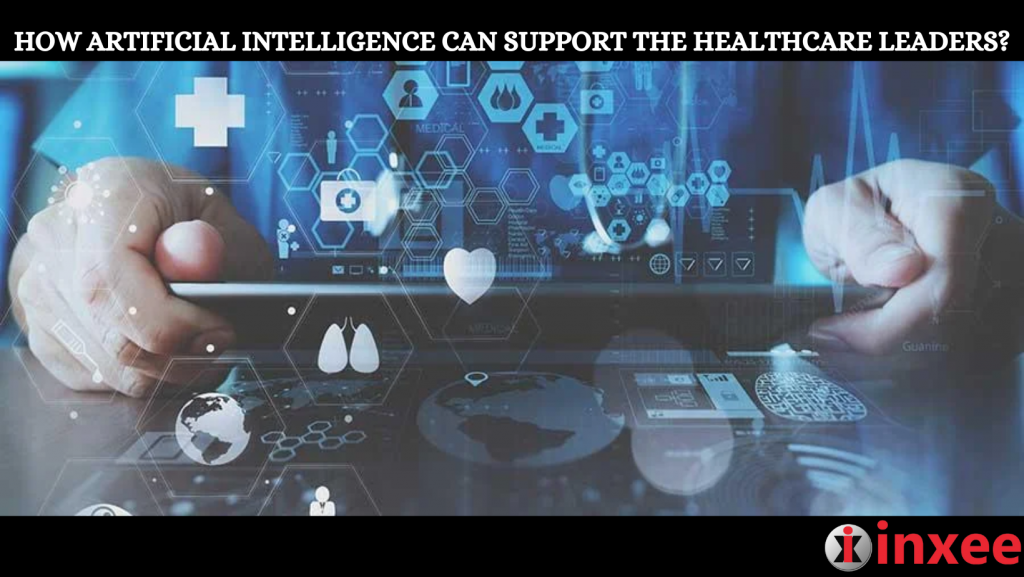How Artificial Intelligence can Support the Healthcare Industry?
Artificial Intelligence (AI) has the potential to revolutionize the healthcare industry. It has already been making significant strides in improving patient care, reducing costs, and providing accurate diagnoses. AI can support healthcare leaders in various ways, from improving patient outcomes to streamlining administrative tasks. In this article, we will discuss how AI can support healthcare leaders and their organizations.
Improved Diagnosis and Treatment
One of the most significant benefits of AI in healthcare is the ability to provide accurate diagnoses and treatment plans. AI algorithms can analyze large amounts of patient data, including medical records, lab results, and imaging studies, to identify patterns and predict outcomes. This technology can help healthcare leaders to make better decisions about patient care, leading to improved outcomes.
For example, IBM’s Watson for Oncology analyzes patient data to provide personalized treatment recommendations for cancer patients. The system takes into account the patient’s medical history, genetics, and other factors to recommend the most effective treatment plan.
Streamlined Administrative Tasks
Healthcare leaders must deal with many administrative tasks, from scheduling appointments to managing patient records. AI can help automate these tasks, allowing healthcare leaders to focus on patient care.
AI-powered chatbots can answer patients’ questions, schedule appointments, and even provide medical advice. This technology can help reduce the workload of healthcare leaders and their staff, improving the efficiency of healthcare organizations.
Improved Patient Monitoring
AI can also help healthcare leaders monitor patient health more effectively. Wearable devices such as smartwatches and fitness trackers can collect patient data, such as heart rate and activity level, and transmit it to healthcare providers in real-time. This data can be analyzed using AI algorithms to identify potential health issues before they become serious.
For example, Apple’s HealthKit platform allows patients to share their health data with their healthcare providers. This technology can help healthcare leaders to monitor patient health more effectively, leading to better patient outcomes.
Predictive Analytics
AI can help healthcare leaders predict potential health issues before they occur. By analyzing patient data, AI algorithms can identify patients who are at risk of developing certain conditions, allowing healthcare providers to intervene before the condition becomes severe.
For example, an AI algorithm developed by the University of California, San Francisco can predict which patients are at risk of developing sepsis, a potentially life-threatening condition. The algorithm analyzes patient data, such as vital signs and lab results, to identify early warning signs of the condition.
Drug Discovery
AI can also help healthcare leaders to discover new drugs and treatments. By analyzing large amounts of data, including genetic information and medical records, AI algorithms can identify potential drug candidates more quickly and accurately than traditional methods.
For example, Insilico Medicine, a biotech company, uses AI to identify potential drug candidates for a range of conditions, including cancer and aging. The technology allows the company to identify drug candidates in a matter of months, rather than years.
Conclusion
AI has the potential to transform the healthcare industry and support healthcare leaders in improving patient outcomes, reducing costs, and streamlining administrative tasks. From improved diagnoses and treatment plans to predictive analytics and drug discovery, AI can help healthcare leaders make better decisions and provide better care. While there are challenges to implementing AI in healthcare, the benefits are clear, and healthcare leaders should continue to explore how AI can support their organizations.










Leave a Reply